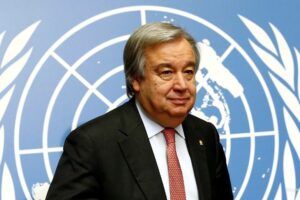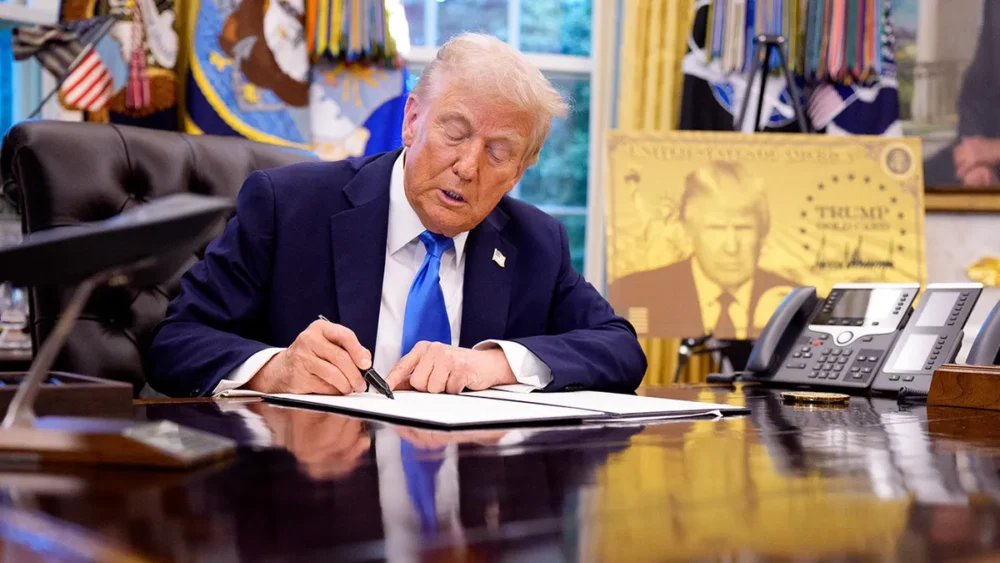s the United Nations marks its 80th anniversary, reflections on its legacy reveal a complex tapestry of achievements and shortcomings. While the UN has been instrumental in providing humanitarian aid to millions affected by conflicts, its political efficacy has often been questioned. Critics argue that the organization has struggled to fulfill its primary mission of maintaining international peace and security, citing instances like the U.S. invasion of Iraq and the Russian invasion of Ukraine as failures in upholding its core principles. Furthermore, the UN’s efforts in decolonization have been undermined by geopolitical interests, such as the situation in Western Sahara.
Despite these challenges, the UN’s role as a global relief organization remains vital, offering assistance to those in dire need. However, the question persists: can the UN evolve to meet the demands of contemporary global politics and effectively address the issues it was created to resolve?















